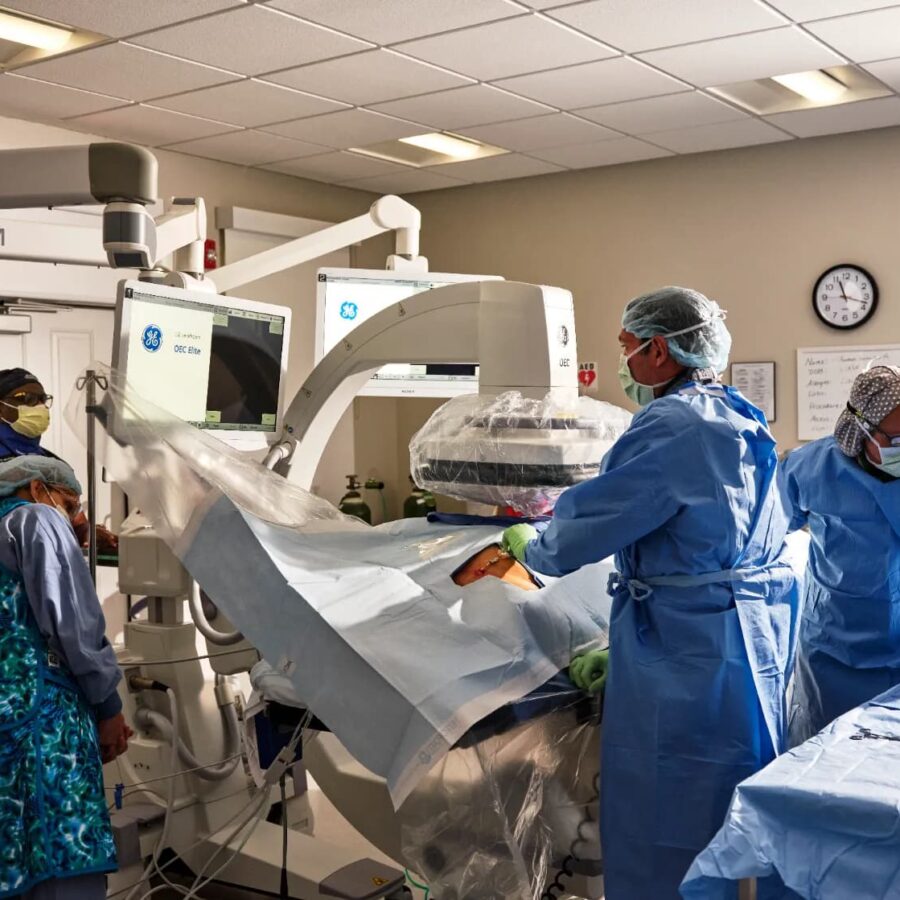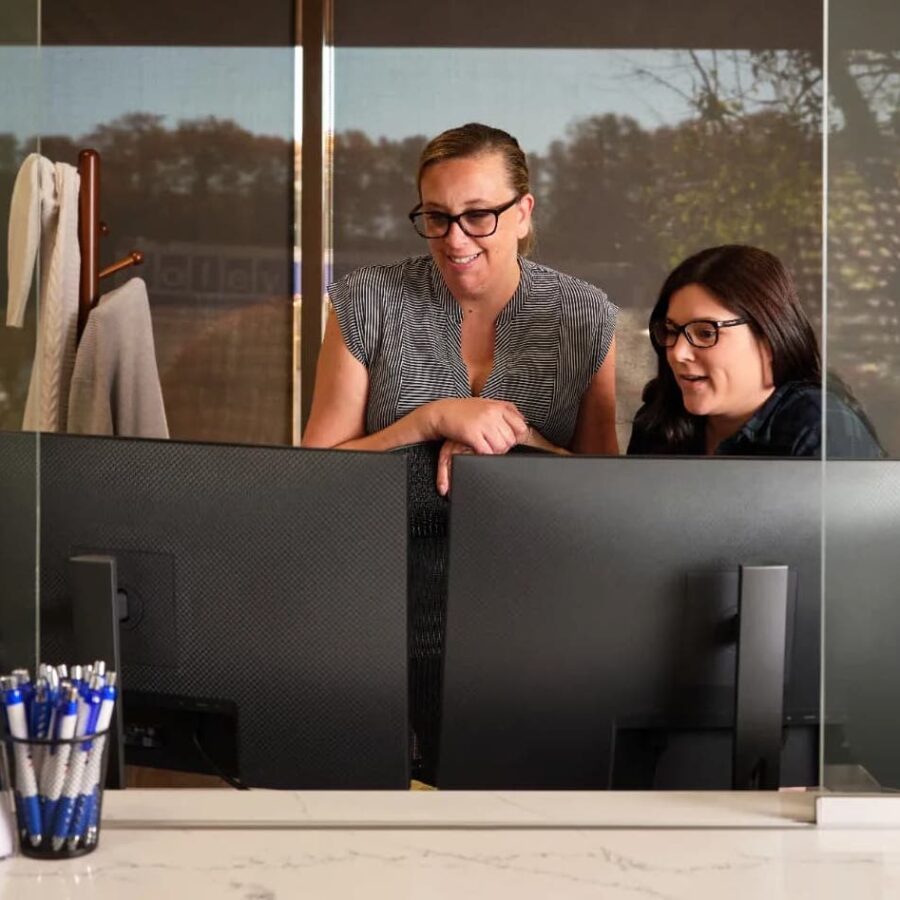The Office-Based Lab
What is an Office-Based Lab (OBL)?
Another description of our outpatient procedure center is Office-Based Lab (OBL). An OBL is a type of clinic that provides specific exams, diagnosis, and treatment for certain conditions within a physician’s office setting. OBLs are an increasingly popular alternative for outpatient care as compared with the often overcrowded, and sometimes impersonal environment within the traditional hospital setting.
Outpatient Clinics or Office-Based Labs offer benefits for physicians and patients alike. Doctors enjoy greater independence, autonomy, flexibility, and control over every aspect of the clinic experience. Patients benefit from significantly reduced costs, a more comfortable, attentive clinic setting, and convenient care close to home.
Advances in medical technology and surgical techniques have helped OBLs become more popular. State-of-the-art capabilities are available in modern medical equipment with smaller footprints, and minimally invasive treatments allow patients a faster return to normal life without overnight stays.

We’re proud to offer world-class expertise and treatment
Preparing for your procedure
How should I prepare for my Procedure?
Your care at The Vascular Care Group often begins with a clinic visit for a vascular or interventional exam and possibly specific vascular testing. During that appointment, our staff will explain their findings and make their professional recommendations for your care. You will also have a chance to ask any questions you may have – our staff wants to know of any concerns and make sure you’re able to make educated decisions for your medical care.
Before Your Procedure Checklist
Prior to your procedure, we ask our patients to read through the following lists of what to do the day of your procedure and what not to do.
What to Do
- Find someone to take you home
- Bring your insurance card
- Bring an updated copy of your medications list
- Bring a method of payment for copay or deductible, if applicable
- Bring a case or holder for glasses, contacts, dentures or hearing aids, if applicable
- Read through your pre-procedure instructions for fasting and medication information
What Not to Do
- Do not bring valuables – jewelry, electronics, etc.
- Do not wear makeup or nail polish
- Do not apply lotions, aftershave, or perfume

During and after your stay
What happens after my Procedure?
Preparing for any medical procedure can feel overwhelming or scary if you don’t know what to expect. First, if you have unanswered questions or concerns about your appointment, ask! Our team is here to help you have a clear understanding of what to expect prior to your treatment.
To expedite your check-in, and to help make your stay easy and enjoyable, we strongly encourage you to complete all registration forms before the day of your procedure.
Check-In And Admission
Check-In
When you arrive, you’ll check in at the registration desk to verify personal, escort (responsible adult/driver), and insurance information.
Following Admission
After checking in, you will be asked to change into a hospital gown. A nurse will then check your vitals, and prepare you for your procedure. Your physician and will come to discuss your procedure with you and answer any last minute questions.
After your procedure
You will be monitored and given time to recover. The length of time will depend on the type of procedure you had. When it is time to leave, a nurse will go over instructions on how to take care of yourself at home. You may also be given prescriptions that you will need to have filled.
We recommend that you take it easy for the first few days following a procedure. Feeling tired and minor discomfort are both normal following your procedure.
Be sure to keep all post-procedure appointments that you have with your vascular surgeon.
If you experience anything unusual call your physician.